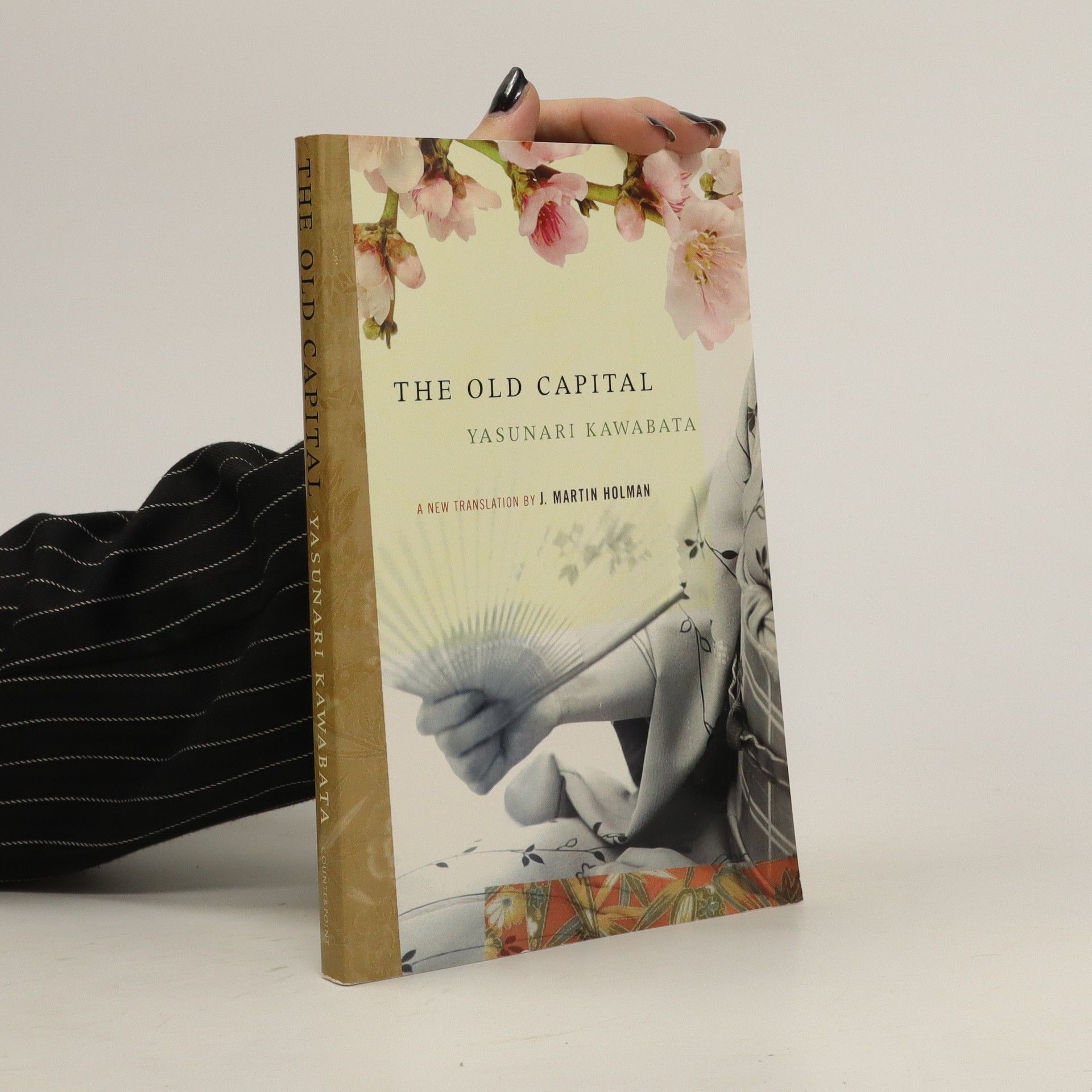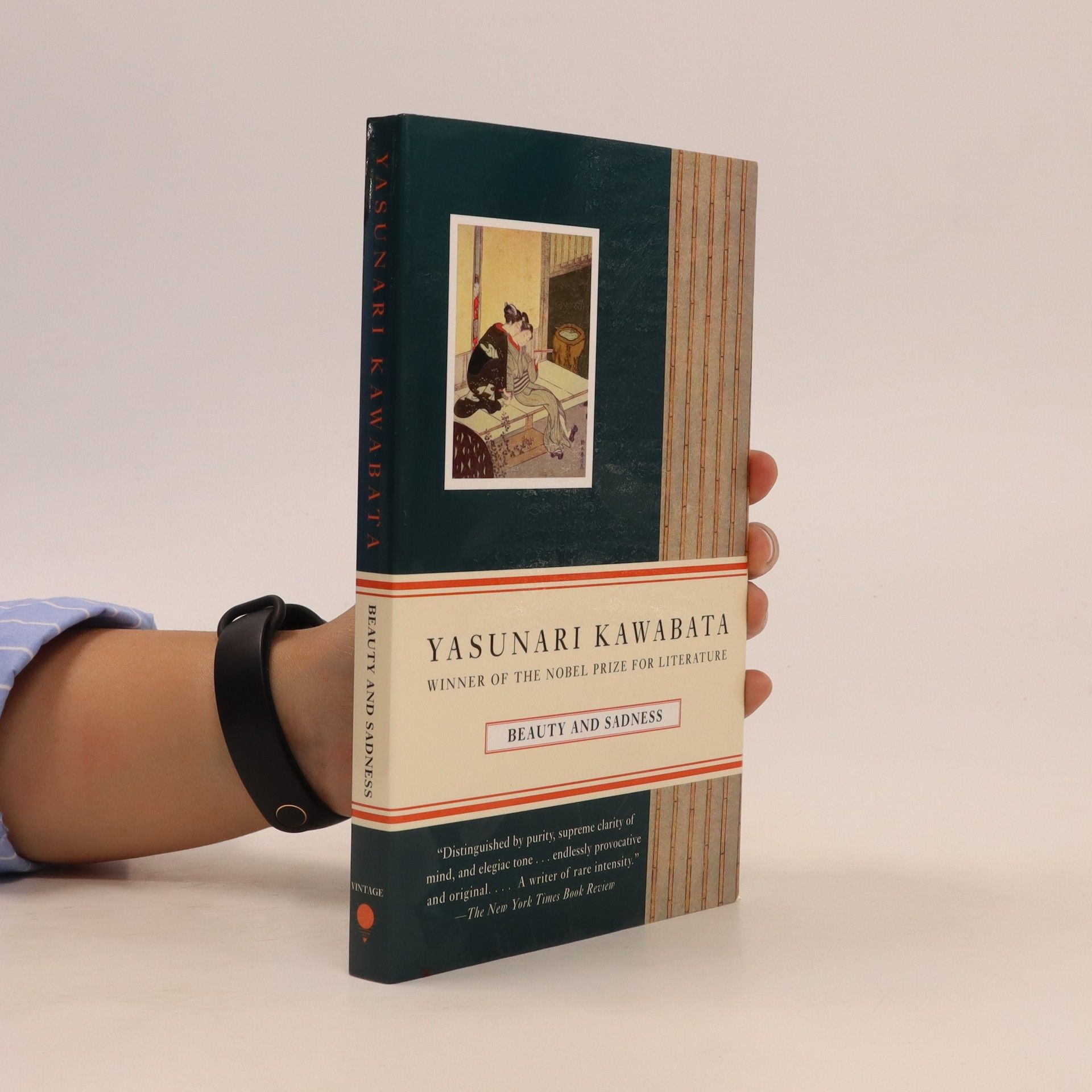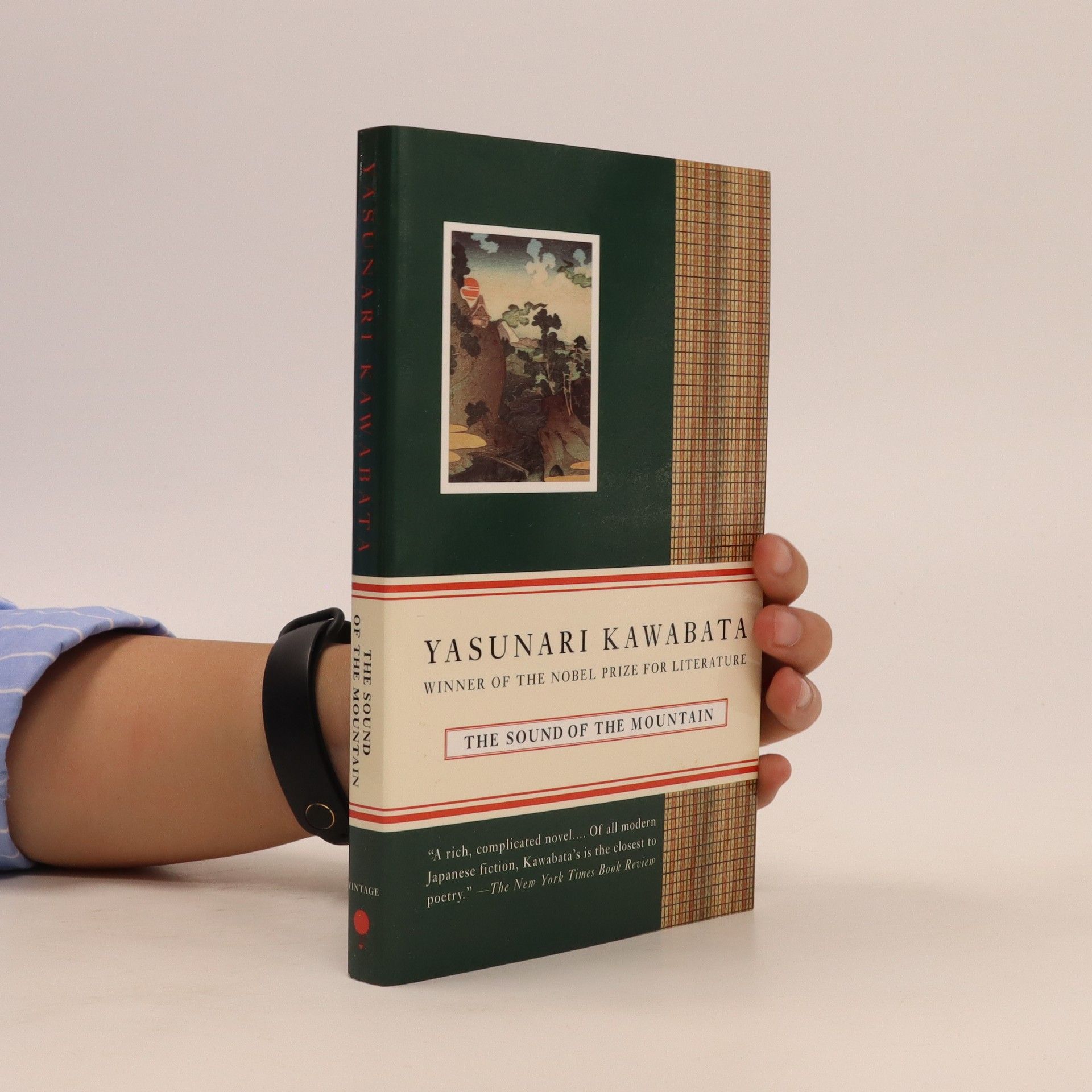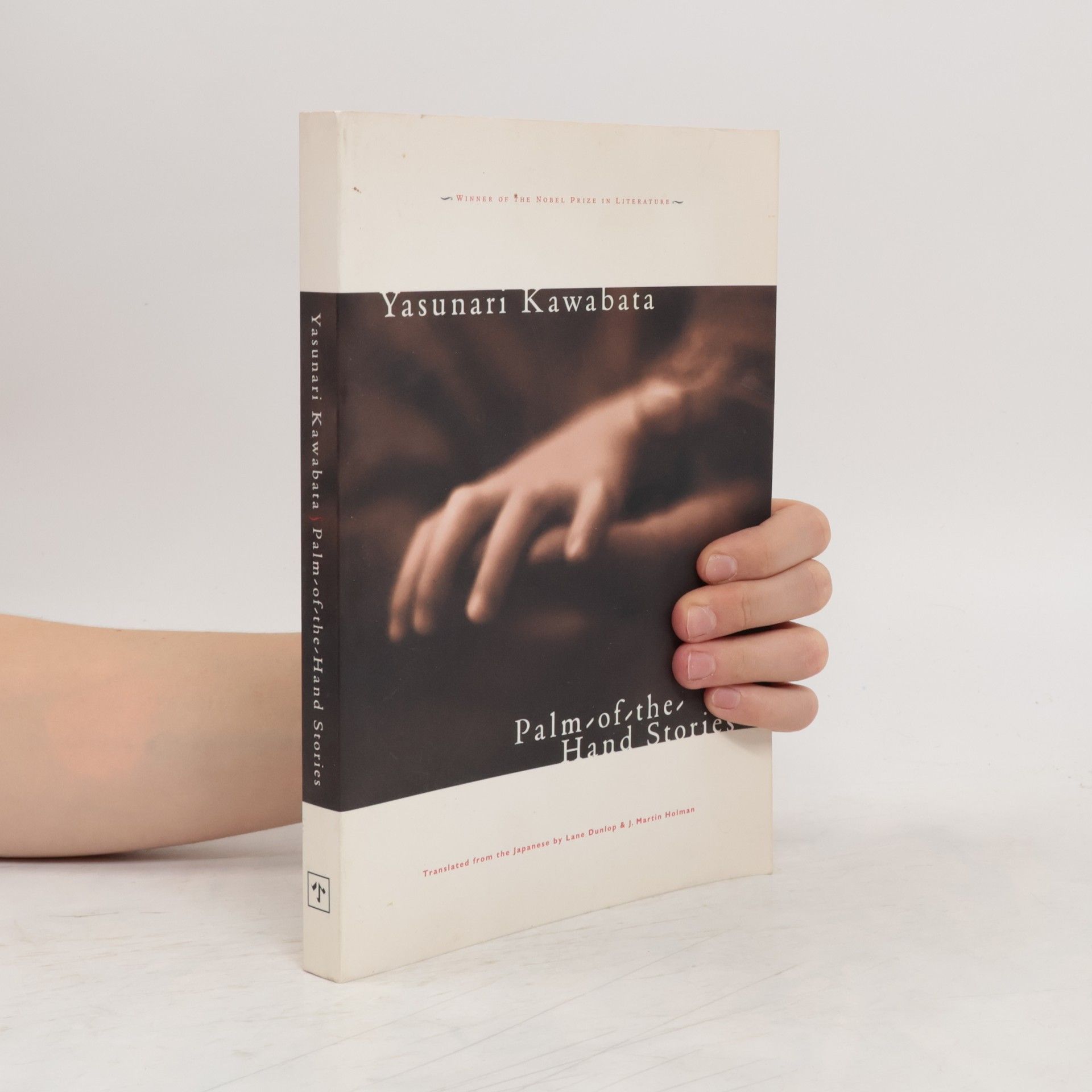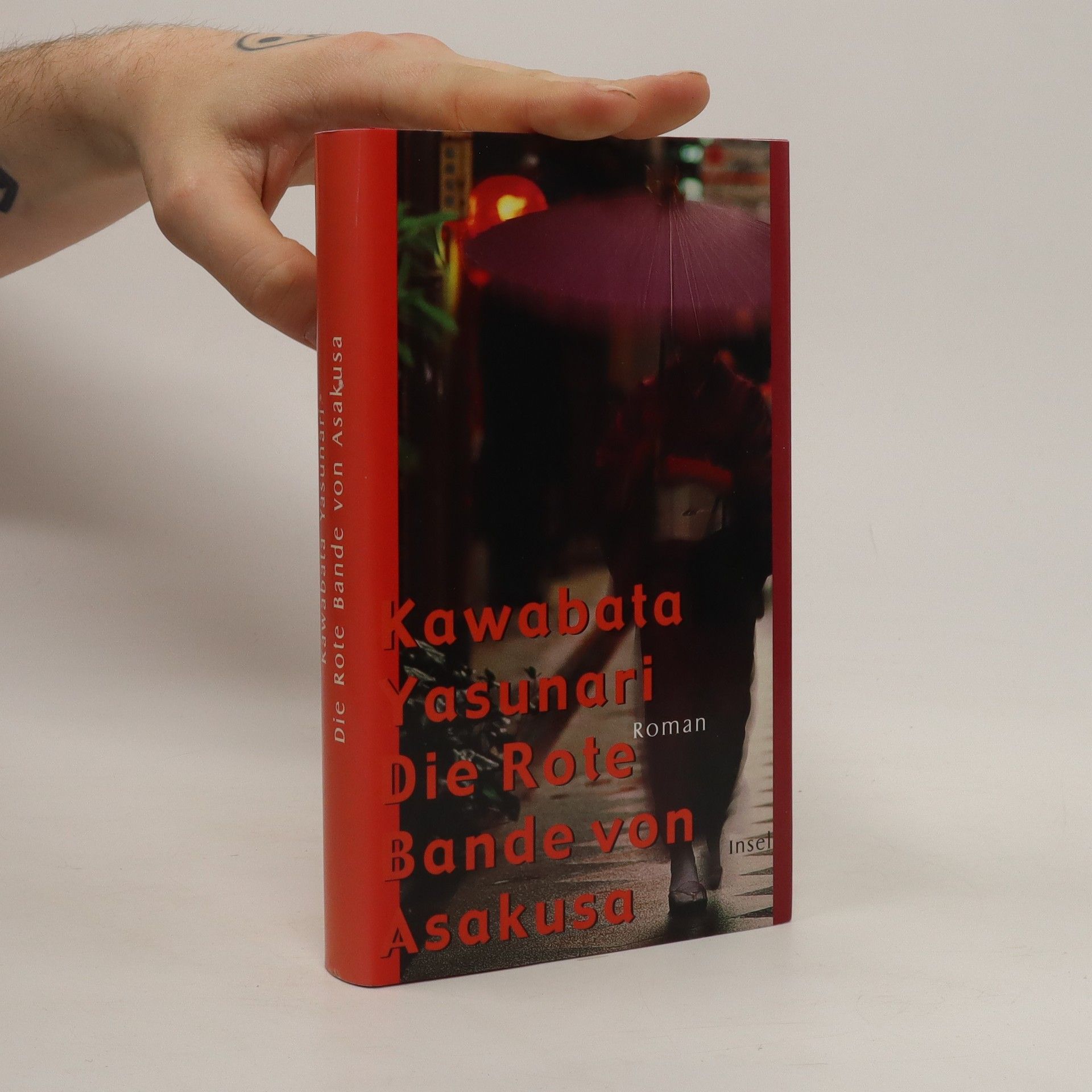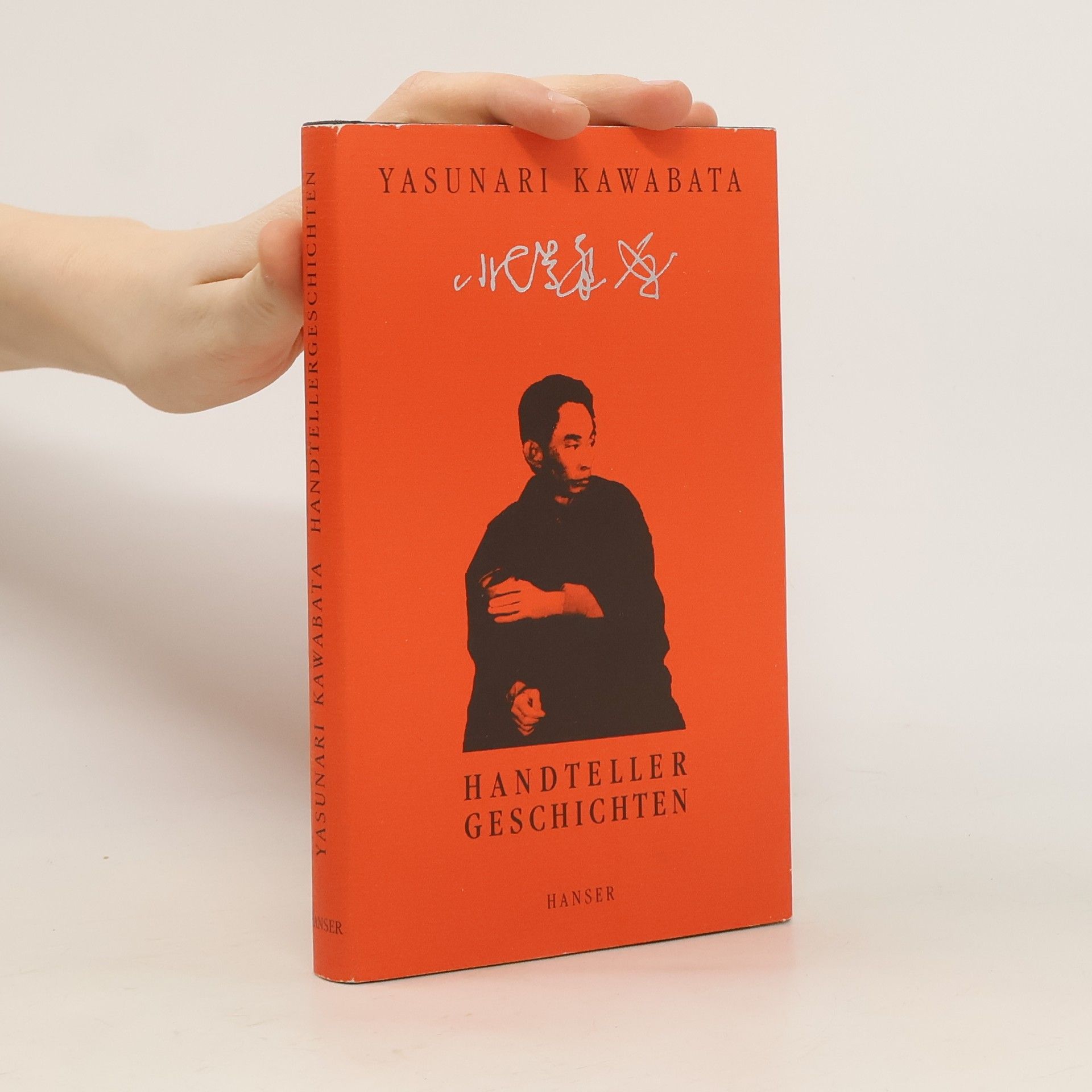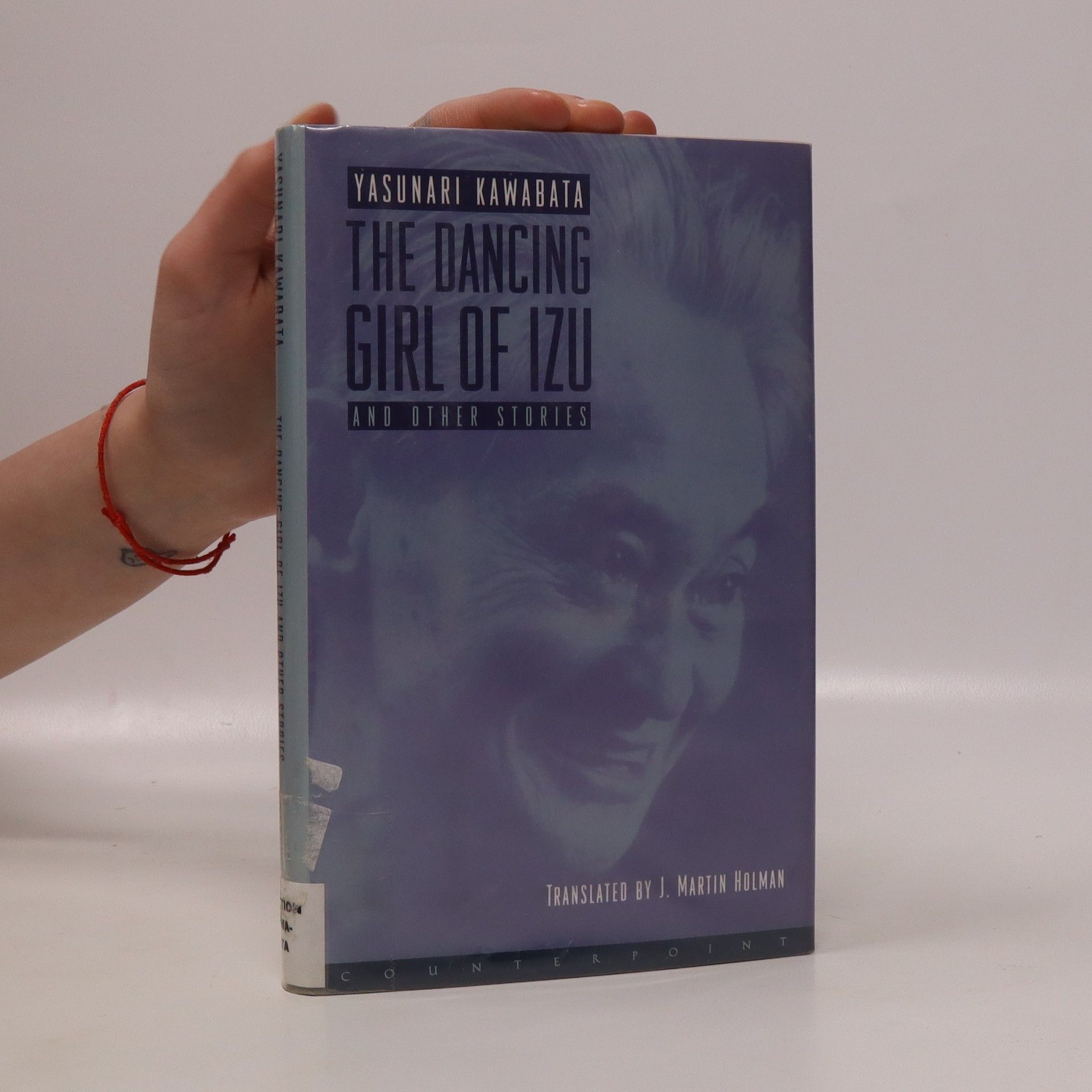Tancerka z Izu Opowiadania
- 372 pages
- 14 hours of reading
Autobiograficzne opowiadanie Tancerka z Izu (1926) przyniosło młodemu Yasunariemu Kawabacie duży rozgłos. Jego bohaterem i narratorem jest uczeń wyższej klasy liceum. Podczas samotnej podróży po malowniczym półwyspie Izu spotyka młodziutką tancerkę z wędrownej grupy artystycznej. Urzeczony jej wdziękiem zakochuje się w niej, lecz pierwsze zauroczenie jest tyleż niespodziewane, co ulotne. Przejmująca i liryczna historia o pierwszej miłości, dojrzewaniu i przemijaniu dzieje się na tle pięknych, jesiennych wzgórz. Zbiór Tancerka z Izu. Opowiadania składa się z piętnastu utworów, których bohaterkami są dziewczęta i młode kobiety u progu samodzielnego życia. Służą w górskich pensjonatach, podejmują pracę w mieście, mają nowe koleżanki, poznają mężczyzn. Planują swoją przyszłość. Książkę zamyka przemowa noblowska Kawabaty. Proza Yasunariego Kawabaty (1899–1972), oszczędna i elegancka, w której autor utrwalił pejzaż, kulturę i ducha swojej dawnej Japonii, spotkała się ze światowym uznaniem. W 1968 roku Kawabata, jako pierwszy Japończyk, otrzymał Nagrodę Nobla w dziedzinie literatury, a jego utwory zostały przetłumaczone na wiele języków.

